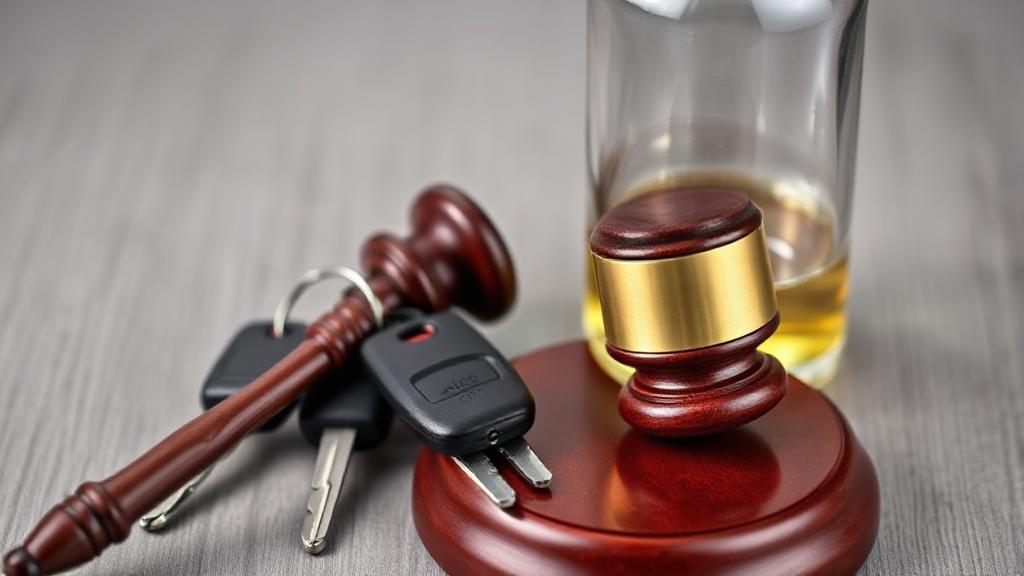Introduction to OWI
Operating While Intoxicated (OWI) is a legal term used in several U.S. states to describe the act of operating a vehicle while under the influence of alcohol or drugs. This term is often synonymous with DUI (Driving Under the Influence) or DWI (Driving While Intoxicated), but the specific terminology and legal implications can vary by jurisdiction. According to the National Highway Traffic Safety Administration (NHTSA), drunk driving claims thousands of lives each year in the United States.
What Constitutes OWI?
OWI laws typically define intoxication as having a blood alcohol concentration (BAC) of 0.08% or higher, though some states have adopted lower limits of 0.05%. For commercial drivers, the limit is 0.04%, and for drivers under 21, any detectable amount of alcohol can lead to an OWI charge. Drivers can also be charged with OWI if they are impaired by drugs, including prescription medications and illegal substances.
Testing Methods and Implied Consent
Law enforcement officers use several methods to determine intoxication:
- Breathalyzer tests
- Field sobriety tests
- Blood tests
- Urine tests
Most states have "implied consent" laws, meaning that by driving on public roads, you automatically consent to chemical testing if suspected of OWI. Refusing these tests often results in automatic license suspension and can be used against you in court.
Penalties for OWI
First Offense
- License suspension (typically 6 months to 1 year)
- Fines ranging from $300 to $2,000
- Possible jail time (up to 6 months)
- Mandatory alcohol education programs
- Increased insurance rates
- Probation
Subsequent Offenses
- Extended license suspension or revocation
- Higher fines (up to $10,000)
- Mandatory jail time
- Installation of ignition interlock devices
- Possible vehicle confiscation
- Extended jail time (several months to years)
Aggravating Factors
Certain circumstances can lead to enhanced penalties:
- Having minors in the vehicle
- Causing injury or death
- Extremely high BAC levels
- Previous convictions
- Operating commercial vehicles while intoxicated
Long-term Consequences
"An OWI conviction can follow you for years, affecting employment opportunities, housing applications, and even travel to certain countries." - National Highway Traffic Safety Administration
Professional Impact
- Job loss
- Difficulty finding new employment
- Professional license suspension
- Limited career advancement opportunities
State-Specific Variations
| State | First Offense Fine | Minimum Jail Time | License Suspension |
|---|---|---|---|
| California | $390-$1,000 | 48 hours | 6 months |
| New York | $500-$1,000 | None | 6 months |
| Texas | Up to $2,000 | 72 hours | 90 days |
Legal Defenses and Rights
Common defense strategies include:
- Challenging the Stop: Arguing that the traffic stop was unlawful
- Questioning Test Accuracy: Disputing the reliability of BAC or field sobriety tests
- Medical Conditions: Demonstrating that a medical condition affected test results
- Examining equipment calibration records
- Investigating officer conduct
Prevention and Resources
To avoid OWI charges:
- Use ride-sharing services like Uber or Lyft
- Designate a sober driver
- Plan ahead for alternative transportation
- Download BAC calculator apps
- Never mix alcohol with medications
For those struggling with alcohol use, resources are available:
- SAMHSA's National Helpline: 1-800-662-4357
- Alcoholics Anonymous
- Mothers Against Drunk Driving (MADD)
- Local substance abuse treatment centers
For more detailed information about OWI laws in your state, visit the Governors Highway Safety Association (GHSA) website.
